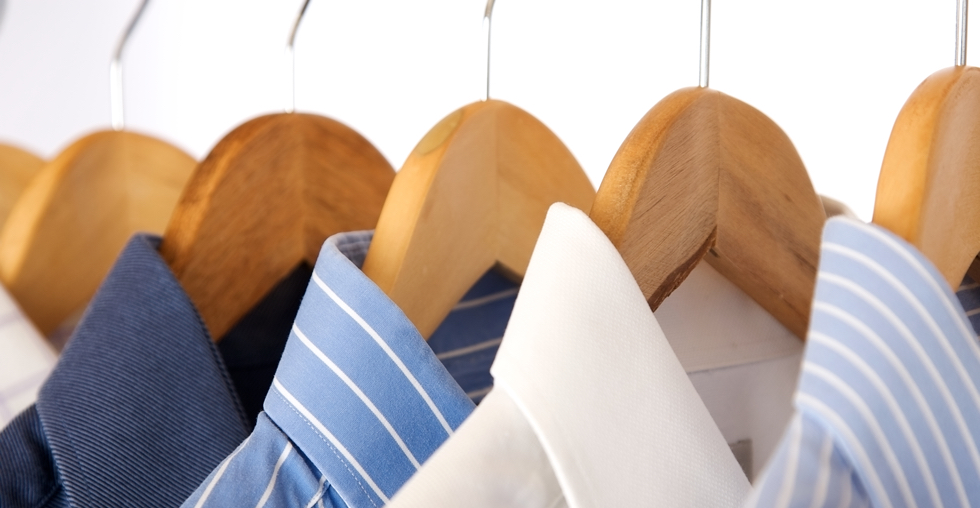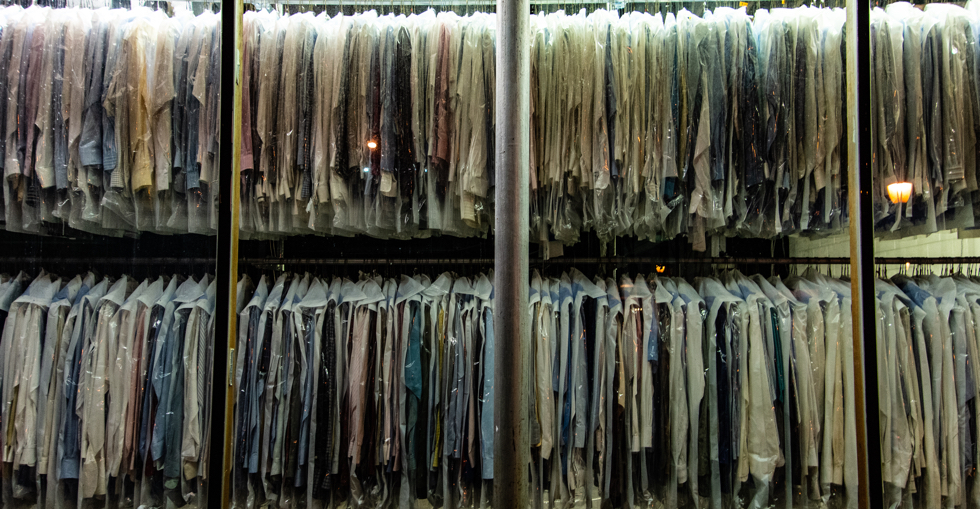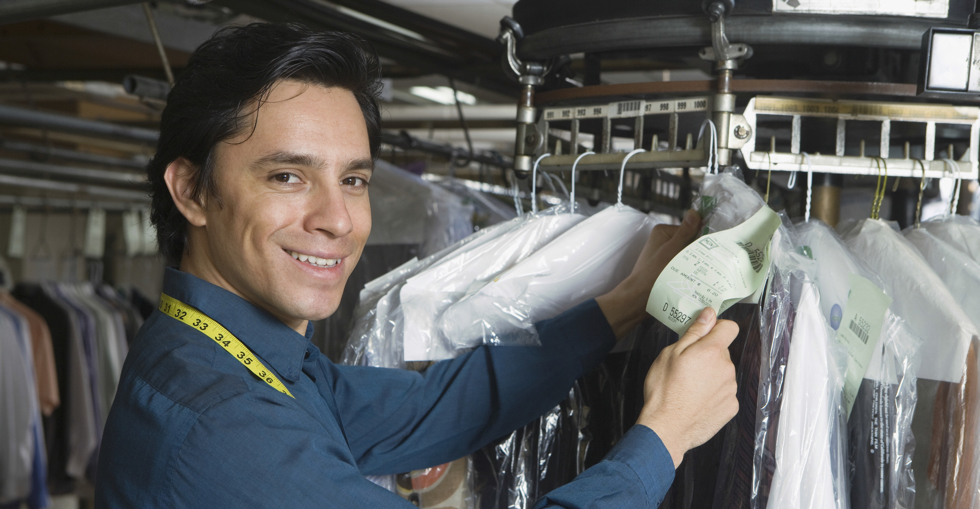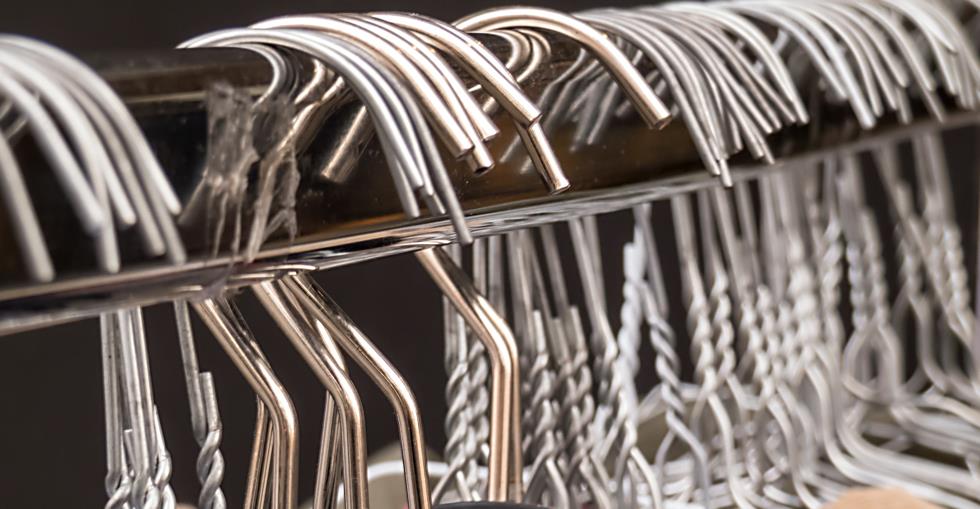The industry is developing eco-friendly solvent alternatives and energy-efficient machinery that could help reduce your environmental impact and improve your bottom line.
There is a growing demand for dry cleaning services, especially in today’s climate where career-driven consumers have less time to iron shirts themselves. In order to thrive, build up a good reputation and don’t underestimate the power of personability.

Legalities
Dry cleaning releases volatile organic compounds which can be harmful to human health. You will need to contact your local authority to obtain an environmental permit, which gives operators strict outlines to limit the amount of air pollution.
It is an offence to operate without a permit, the maximum penalty is £50,000, or five years’ imprisonment. You will also need to keep weekly and annual records of the weight of each clothes load cleaned and how much perchloroethylene you used.
As a proprietor of a dry cleaners, you must be aware of all potential hazards when working with chemicals, heating equipment, hot steam and machinery. You need to teach your staff health and safety measures including solvent and machine safety.
The Control of Substances Hazardous to Health Regulations and Solvent Emissions Regulations outlines how to store and use chemicals. The Environmental Protection Act and regulations will instruct you on how to dispose of chemicals and detergents.

Machinery
All dry cleaning machinery must comply with the UK’s environmental and health and safety regulations. If you have taken on or bought second-hand equipment you need to find out what year the machine is, the condition and service history information.
High-grade machinery will cost between £30,000 and 40,000, with repair costs generally costing up to £300 a year. Most machines have a lifecycle of 10 years with a service life of seven years; heavy duty machines have a lifecycle of up to 20 years.
Modern dry cleaning machines are more energy efficient and use less solvent, which reduces costs and saves money for sole traders. You should consider using new eco-friendly solvents to operate a more environmentally responsible service.
If you’re thinking of upgrading your machine, you should compare the quality of the service and cost of spare parts. Purchase your machine from a reputable company, ideally one that is part of SLEAT (Society of Laundry Engineers & Allied Trades).

Competition
Despite there being fierce competition, the sector is growing thanks to a few factors: a rise in disposable incomes; garments containing more natural fibres, such as silks, wools, cotton and linens; an ever-increasing percentage of women in the workplace.
There are approximately 3,880 dry cleaning business across the UK and the market is worth £1.6 billion. The industry includes a few big players, with many high street cleaners operating a bureaux service and outsourcing the cleaning to a third party.
Dry cleaning services in supermarkets are hard to beat on convenience, price and speed. Timpson’s has rapidly expanded after buying the dry cleaning arm of Johnson Services Group, with many of their outlets located in supermarkets.
To be successful you need to offer a more personal service and really get to know who your customers are. Whether your high street business or an industrial cleaner, try to immerse yourself within the local business community and gain more contacts.
Additional services
If you’re struggling to keep your business afloat, try offering additional services to attract more customers. Services that coincide well with a dry cleaners are tailoring; seamstress; laundrette services; shoe repairs, key cutting and engraving.
You could also offer collection and delivery to make your service more convenient for time-strapped customers. Also, consider offering a loyalty card to give your clients an extra incentive to keep using your dry cleaners instead of going to your competitors.
If you have enough physical space within your premises, why not host weekly events or workshops to attract more business and get to know your customers better. You could consider putting on a knit and natter club for customers using the laundrette.
Offering a greener alternative to your services could also attract the more eco-conscious consumer. Environmental and health concerns have encouraged dry cleaning operators to explore other more natural alternatives to perchloroethylene.


